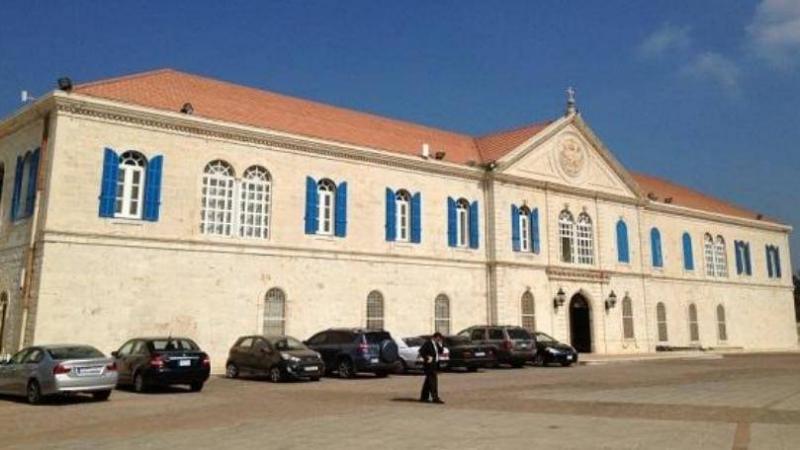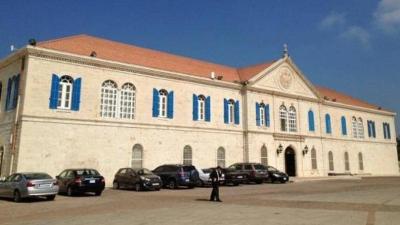It is rare for Bkirki to be so firm in its positions and to name things so clearly, without veils or hints, as it does today. This approach is adopted when addressing fundamental issues concerning Lebanon (the entity founded by the edifice in 1920) and its existence and survival. This explicit language was used in the bishops' statement in 2000, which called for the withdrawal of the Syrian army from Lebanon and the implementation of the Taif Agreement. Cardinal Mar Bechara Boutros al-Rahi, the Maronite patriarch, now draws from its spirit to formulate his sermons and define his positions regarding the presidential entitlement, as its success or failure holds existential importance for Lebanon as a nation, model, and message, according to opposition political sources to "Al-Markaziah."
Yesterday, after targeting the theory of requiring prior consensus on a candidate before calling a session to elect a president—the approach adopted by Speaker of the House Nabih Berri—Al-Rahi criticized a new obstacle placed in the path of this entitlement, which lies in the slogans of change. He stated: The people await a resolution to their accumulated crises and the restoration of their role towards themselves and their surroundings, but they do not view the change slogan positively, as they fear it might be diluted between two extremes: changing names without altering the system's flaws, and changing the historical and democratic system without overthrowing the existing reality.
There must be correct solutions for the good of Lebanon and its people. The people have been waiting, and they expect foreign initiatives to address the core of the crises in Lebanon. However, it seems that these initiatives perhaps intentionally overlooked this essence, resulting in their failure. While the people of Lebanon appreciate the initiatives from friendly nations, they care that these initiatives contribute to creating a comprehensive Lebanese solution that enhances the relationships of Lebanese with each other, rather than improving the relationships of these foreign nations with certain Lebanese components at the expense of others, or improving their relations with regional countries at Lebanon's expense.
The desired solution is based on the unity of loyalty to Lebanon, on sovereignty and independence; on neutrality and expanded decentralization, and a system of free economy; on openness to the Arab and regional and global surroundings; and on enhancing constitutional life based on the implementation of the Taif Agreement both in spirit and text."
According to sources, this spiritual objection does not solely target the change concept adopted by the 13 members of parliament, but Al-Rahi sees that certain foreign countries approach the presidential elections "with the same levity," proposing a president outside traditional alignments, wanting him to be devoid of color, flavor, or scent—politically neutral, and devoid of the sovereign political substance that ensures Lebanon's independence, identity, state, and history, just as the change deputies do today. This trend does not please the Maronite Church, which stated clearly yesterday through Al-Rahi that it rejects a president of this bland gray type. In this stance, it aligns with opposing forces, parties, and political figures who refuse to accept a "blank" president.
Thus, will the proponents of this line and the advocates of change realize how to recalibrate the compass to devise a solid plan that brings a truly strong, decisive, and capable savior president to Baabda?




